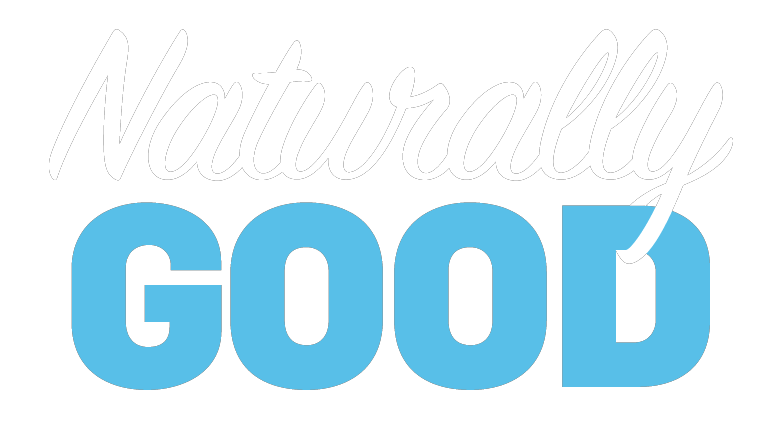How much attention do you pay to the impact of your food choices on the environment? Are you willing to cut down on red meat? Is the government doing enough to promote sustainable food? Those are some of the questions several EU national consumer groups asked to Europeans in a survey spanning 11 countries, coordinated by BEUC (the European Consumer Organisation).
The new report, published earlier this month, arrived just ahead of the launch of the European Commission’s blueprint for sustainable food and farming.
The main finding is that most consumers across Europe are willing to change their eating habits. But to get there, says BEUC, they need sustainable food choices to be easier – including the right price signals, improved information, and a wider range sustainable options.
As the COVID-19 pandemic is rapidly transforming how we relate to food, our survey – run a couple of months before the outbreak – shows consumers were already leaning towards opting for more sustainable choices.
A well reported feature of the COVID-19 pandemic is that consumers have been cooking more from scratch with fresh and local ingredients. BEUC, whose report was completed ahead of the current crisis, says that policymakers should try to capitalise on these new consumer behaviours “where they can contribute to a more resilient and sustainable food system”.
Food is the main driver of environmental impacts generated by household consumption in the EU, followed by housing (especially heating) and mobility (particularly the use of private cars).
The main takeaways:
Perception: Consumers tend to underestimate the impact of their own food habits on the environment, but most are aware of the environmental impact of food habits in general.
Willingness to change: Two thirds of EU consumers are open to changing their eating habits for the environment
Barriers: Price, lack of knowledge, unclear information, and limited choice of sustainable options are what most consumers say prevent them from eating more sustainably.
Meat: Just over 40% of consumers say they have either stopped eating red meat or have cut down due to environmental concerns. While consumers have little appetite for insects and lab-grown meat, they better accept plant-based ‘burgers’ and traditional vegetarian food (e.g. pulses) as alternative protein sources.
Government role: Only 16% of consumers feel that their government is doing enough to encourage food sustainability at production and consumption levels.
Monique Goyens, Director General of BEUC, commented: “Our survey shows that most consumers are willing to change their eating habits, but that it is no easy task. Change must be rolled out at several levels to make the sustainable choice the obvious choice.
“Consumers are hungry for improved information on food labels and a wider range of sustainable options. But our individual choices as consumers can only do so much to transform food habits in the way experts urge us to. Regulators, food producers, and retailers have a crucial role to play to adjust pricing, marketing, and every other factor that push us to buy one food product over another.”
On price
“Price ranks first among the barriers to eating more sustainably, in nearly all countries. Governments and consumer groups have a key role to play in making consumers realise that eating sustainably does not necessarily have to cost more. But it must go hand in hand with changes in food habits, such as reducing meat consumption, wasting less, and swapping water bottles for tap for instance.”
On meat
“It comes across as difficult for many consumers to cut down on red meat, though our consumption in Europe is well above what is recommended for human and planetary health. At the same time, most people have nothing against eating more lentils, beans, and other pulses as an alternative to animal proteins. Sadly, the Commission missed a chance to stop funding campaigns stimulating meat consumption when it recently published its ‘Farm to Fork’ strategy for sustainable food.4 EU money would be better spent promoting food that we should eat more of to benefit our health and the planet.”
About the author: Jim Manson
Jim Manson is editor-in-chief of Diversified Communications UK‘s natural and organic publishing portfolio. He’s written widely on environment and development issues for specialist magazines and national media, including the Financial Times, The Guardian, The Times, and World Bank Urban Age.
About Natural Products Global
Natural Products Global is the one-stop global resource for natural and organic industry professionals. Built around an editorially independent daily news service it delivers a compelling mix of news, business insights and analysis. Building a natural and organic future by connecting people and growing businesses – subscribe for more articles like this


